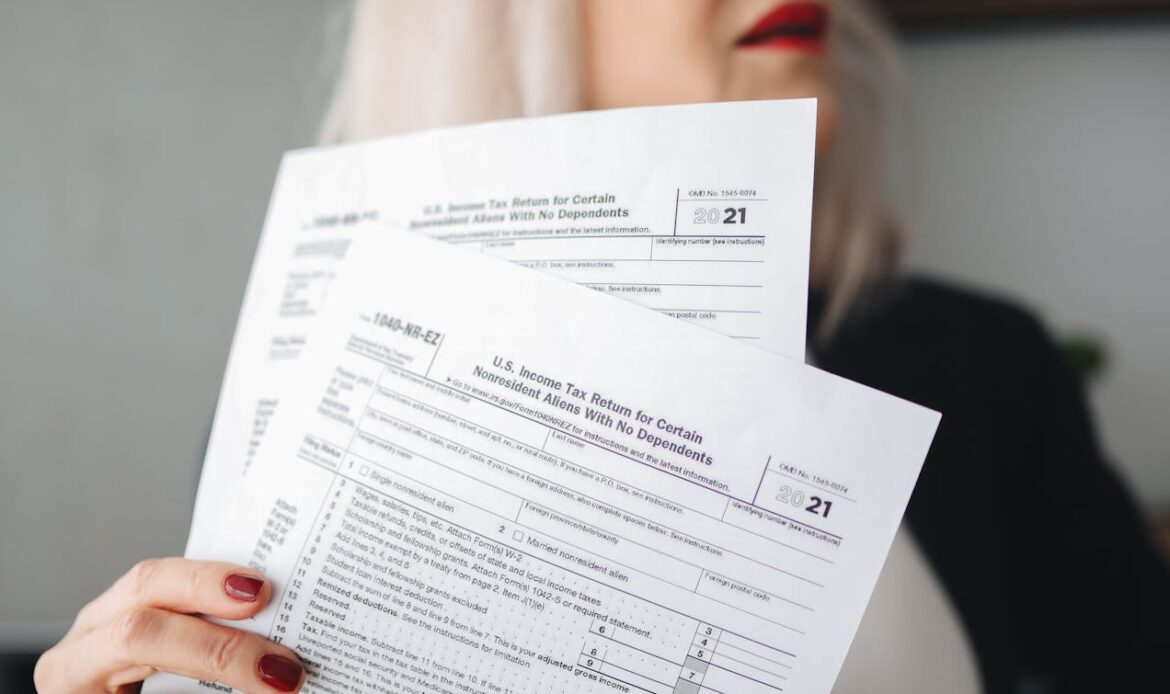Capital gains are one of the most common sources of income for Indian taxpayers today, especially with the growing trend of stock and mutual fund investments. Filing your Income Tax Return (ITR) correctly when you have capital gains is important to avoid notices, penalties, or interest.
This blog explains in simple terms how you can file your ITR for capital gains from stocks and mutual funds for the Financial Year 2024–25 (Assessment Year 2025–26).
Legal Reference
- Income Tax Act, 1961
- Section 45: Defines taxable capital gains.
- Section 111A: Short-term capital gains tax on listed securities.
- Section 112A: Long-term capital gains tax on equity shares and mutual funds.
Understanding Capital Gains
Capital Gain arises when you sell a capital asset like shares or mutual funds for a price higher than the purchase price.
Two types of capital gains:
- Short-Term Capital Gains (STCG):
- Stocks and equity mutual funds held for less than 12 months.
- Taxed at 15% under Section 111A.
- Long-Term Capital Gains (LTCG):
- Stocks and equity mutual funds held for more than 12 months.
- Gains above ₹1 lakh taxed at 10% under Section 112A without indexation.
For debt mutual funds (after April 2023), entire gains are taxable as per your slab rate.
ITR Forms for Reporting Capital Gains
- ITR-2: If you have salary, rental income, capital gains, but no business income.
- ITR-3: If you have business/professional income along with capital gains.
Step-by-Step Guide to File ITR for Capital Gains
Step 1: Collect all relevant documents.
- Broker statements (contract notes)
- Mutual fund redemption statements
- Consolidated Account Statement (CAS)
Step 2: Calculate your capital gains.
- Short-term gains and long-term gains separately.
- Adjust for exemptions if any.
Step 3: Download Form 26AS and AIS.
- Verify if any TDS is deducted on sale transactions (e.g., property or high-value redemptions).
Step 4: Fill Schedule CG (Capital Gains) in ITR-2.
- Mention ISIN code, purchase date, sale date, cost, sale consideration.
Step 5: Pay self-assessment tax if additional tax liability arises.
Step 6: Complete e-verification after submitting your ITR.
Example of Capital Gains Reporting
Scenario:
Mr. Arjun sold:
- 100 shares of Company A (held for 14 months) → LTCG ₹1,50,000
- 50 shares of Company B (held for 6 months) → STCG ₹25,000
Tax Calculation:
- LTCG: ₹1,50,000 – ₹1,00,000 exemption = ₹50,000 taxed at 10% = ₹5,000
- STCG: ₹25,000 taxed at 15% = ₹3,750
Mr. Arjun must report both separately in Schedule CG of ITR-2.
Important Points to Remember
- Long-term capital gains up to ₹1 lakh are tax-free.
- Always use the correct ISIN code for listed securities.
- Use broker’s summary reports but verify calculations.
- Report even if you have a capital loss (you can carry forward losses if filed before due date).
- Filing after the due date will make you ineligible to carry forward losses.
Conclusion
If you have capital gains from stocks or mutual funds, it is very important to file your return accurately. Properly segregating short-term and long-term gains, using the correct ITR form, and submitting your return on time can help you save taxes and avoid penalties.
Reach out Today!
Need help filing your ITR with accurate reporting of your capital gains?
Schedule a meeting with our Chartered Accountant, Anshul Goyal, by visiting:
Disclaimer: I am Anshul Goyal, a Chartered Accountant licensed with ICAI, India. This content is for educational purposes and should not be treated as legal or financial advice.
Frequently Asked Questions
1. Which ITR form is used for capital gains?
Generally, ITR-2 is used for salary and capital gains income.
2. How are long-term capital gains taxed?
Gains above ₹1 lakh from shares and mutual funds are taxed at 10%.
3. Can I set off capital losses against other income?
No, capital losses can only be set off against capital gains.
4. Is capital gains reporting mandatory if no tax is payable?
Yes, you must report capital gains even if no tax is due.
5. What happens if I miss filing my return with capital losses?
You cannot carry forward the losses to future years.


